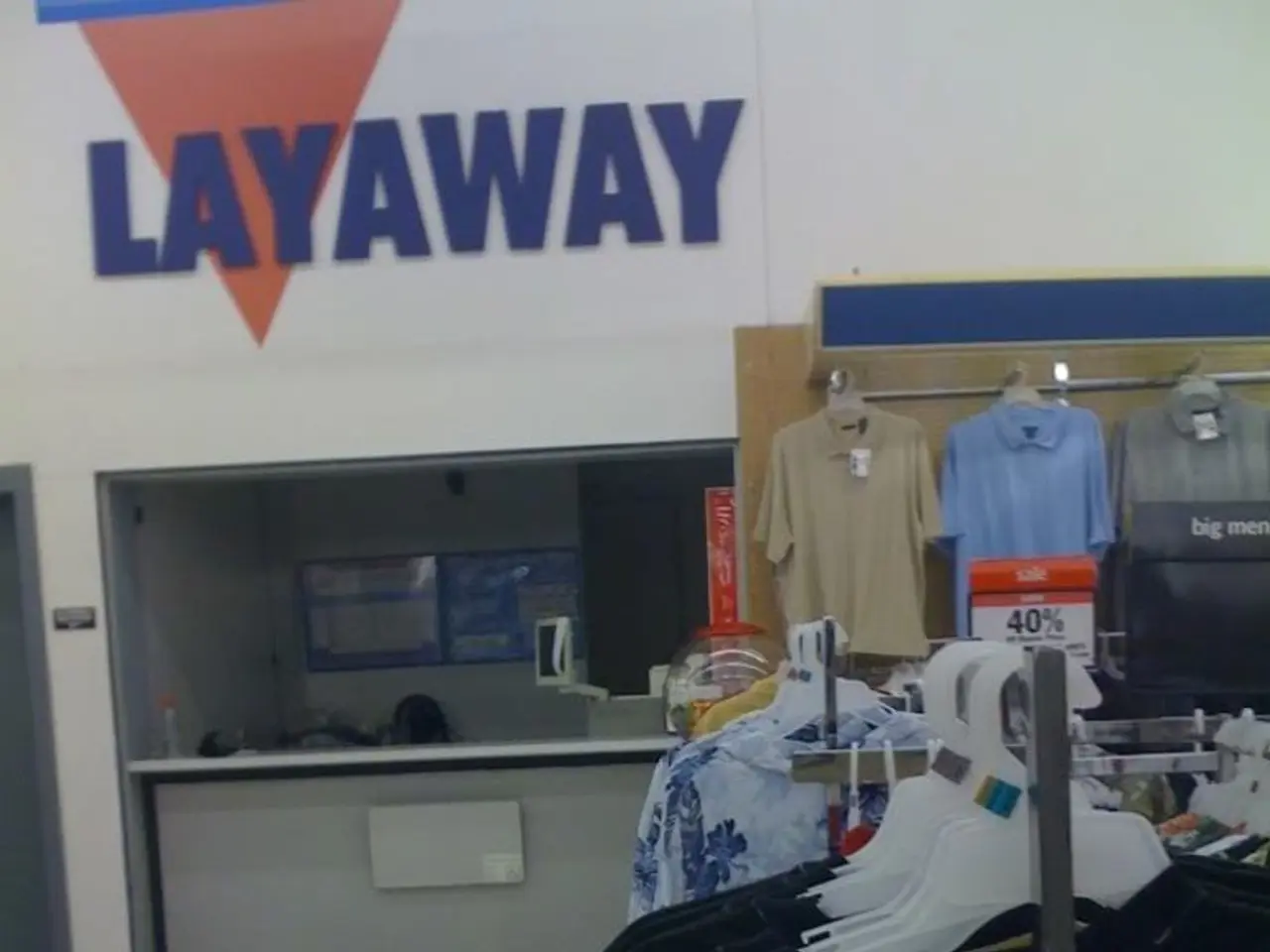Flight operator Ryanair's currency inconsistency: Items onboard priced in pounds instead of euros, as stated on the menu. Under investigation by CRANE.
In a recent development, a family noticed they were paying more than expected for items purchased on Ryanair flights. This issue stems from a common practice known as Dynamic Currency Conversion (DCC), a topic that every frequent flyer should be aware of.
When making onboard purchases, Ryanair usually offers payment in the currency of the flight's origin as the default. For instance, if you're flying from Malaga to Leeds, you'd expect to be charged in euros, and vice versa in pounds. However, the menu prices are always in euros (EUR).
Dynamic Currency Conversion (DCC) comes into play when passengers are offered the option to pay in their card's home currency (e.g., GBP) rather than in the local currency (EUR) in which prices are originally set. While Ryanair "helpfully" shows a conversion rate when you pay onboard or online, claiming it to be a "guaranteed exchange rate," this rate is often significantly worse (about 7% higher) than the actual market rate. This results in extra fees that benefit the airline or their payment processor rather than the passenger.
To avoid this disadvantage, it's best to decline the DCC option and choose to be charged in the original EUR currency. Your bank or credit card will then handle the conversion at a better rate, minimizing extra costs.
Transparency is crucial when prices are displayed in one currency but charged in another. When abroad, if you pay in the local currency, you avoid dynamic currency conversion, which can be more expensive.
It's worth noting that this practice is common and noted as a hidden fee you should be aware of when flying with Ryanair. Passengers should always ask what currency they are being charged in and assume it is the currency of the country of departure.
The family, who often fly with Ryanair and sometimes buy food, drinks, and duty-free items from the plane's catalogue, pays with their Spanish bank account which is euro-denominated. They make regular trips from Leeds Bradford airport to Málaga-Costa del Sol due to a holiday home in Spain.
However, passengers may encounter issues with transactions made in the air. These transactions are processed after the flight lands, which can cause issues with empty cards or cards that can't go overdrawn. Moreover, some airlines may not accept pre-paid cards, such as a Post Office travel money card, and some may only accept e-money cards like Revolut and Monzo cards if used via an Apple or Google wallet. For instance, Tui does not accept Monzo cards.
In light of these findings, it's essential for passengers to be vigilant and ask questions about the currency they are paying in. Cabin crew may or may not inform passengers about the currency, and passengers may have to ask. By staying informed and taking control of currency conversions, passengers can ensure they're getting the best deal possible.
- It's advisable for travelers to decline the optional Dynamic Currency Conversion (DCC) when making onboard purchases, as banks or credit cards often provide better conversion rates than those offered by Ryanair, thus reducing personal-finance expenses.
- Insurance, travel, lifestyle, and personal-finance management can all be impacted by the unexpected additional fees resulting from using DCC during flights, making it crucial for frequent flyers to understand this practice.
- Mortgages and savings may be affected by unnecessary expenses incurred from Dynamic Currency Conversion (DCC) during travels, emphasizing the importance of being aware of such hidden fees to maintain financial stability.




